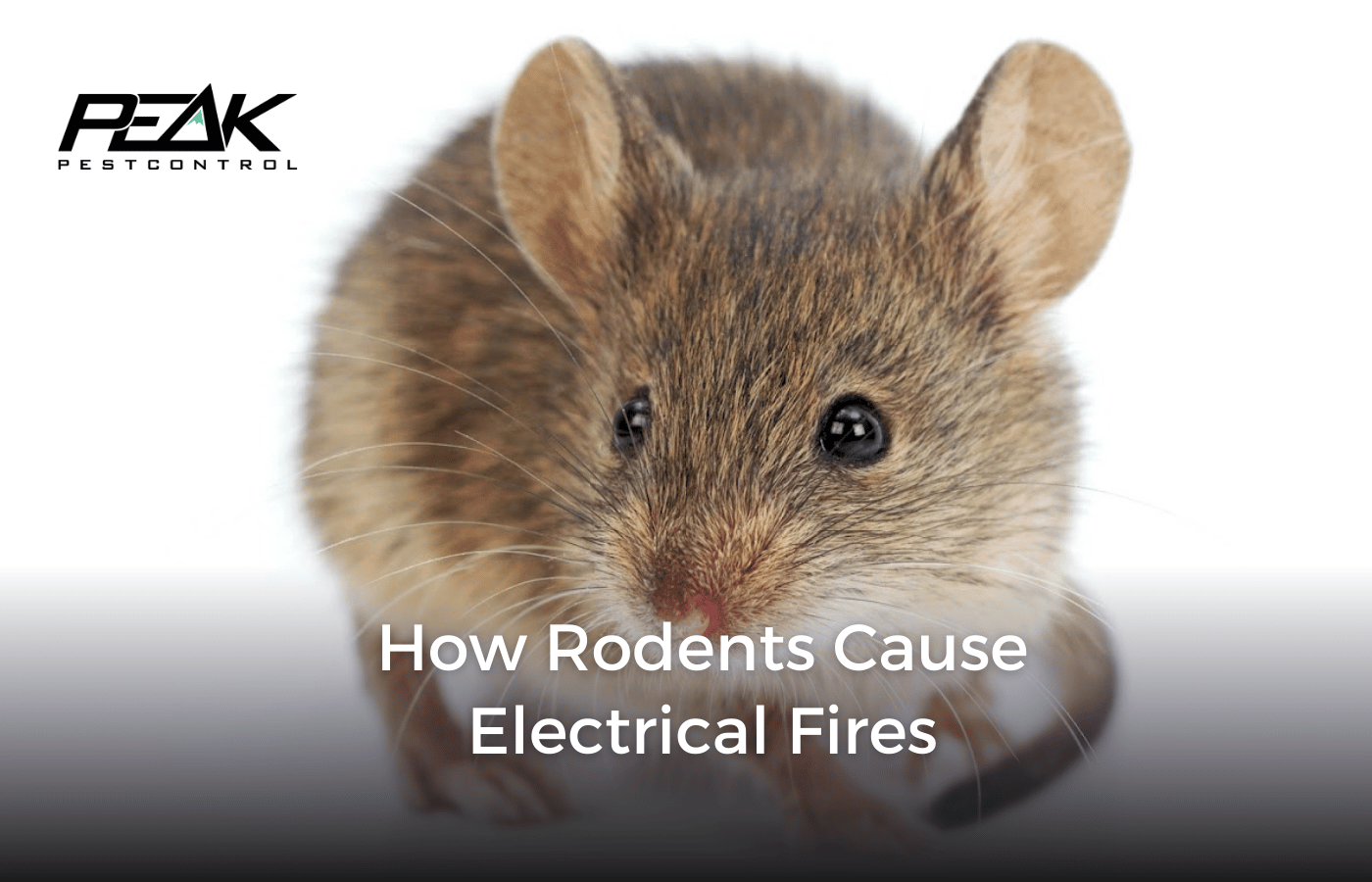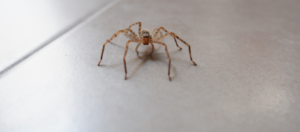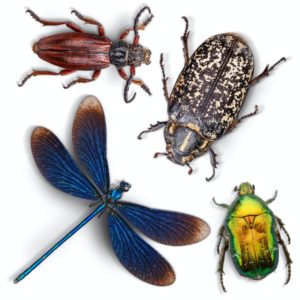Rodents are, at worst, much more than merely being a nuisance. They are seriously dangerous for any home. The threat of an electrical fire is one such danger that is not very well-known. These small creatures have teeth that never stop growing, thus they need to chew on what they can find, including electrical wires. This, in a way may make them chew through some wires creating short circuits which may lead to sparking and finally leading to fires. Knowing how these pests do this danger will enable you to take precautions in safeguarding your house. Effective Reno rodent control will help to keep your home safe.
Why Rodents Chew Wires
Rodent Behavior
Rodents, like rats and mice, have an instinctual need to chew on items. Their teeth grow for the duration of their life, which means they must gnaw constantly on various objects to keep them from getting too long. Electrical wires become easy targets since they are very small and easy to reach.
Attracted to Warmth
Electrical wires generate some heat, especially when an electric current is flowing through them. Rodents find this heat appealing, more so in cold months. This makes the wires quite an appealing object to chew on.
The Dangers of Chewed Wires
Short Circuits
This occurs when rodents chew through insulation on electrical wires, exposing the metal. This can lead to what is called a short circuit. It means electricity will flow on a different path other than that intended. A short-circuiting of the electrical system may result in malfunction or even cause the outbreak of a spark.
Fire Risks
Exposed wires can easily create sparks, which can ignite flammable materials that may be nearby. It may be curtains, paper, or even insulation in your home. A small, seemingly unimportant spark could soon develop into a big fire, in no time at all, which is always risking your house and family.
Rodent Infestation Symptoms
Droppings
The first sign that will give away a rodent infestation is droppings. These small, dark little pellets are commonly found near food sources or along walls.
Chew Marks
Check for gnaw marks on electrical wiring, furniture, and even walls. Rodents leave behind little gnawed areas where they have been chewing.
Noises
Rodents are most active at night. You’ll hear scratching or chewing inside your walls, attic, or basement.
Preventing Rodent-Related Electrical Fires
Seal Entry Points
Close all the entry points into your home. Find any gaps that might exist around doors, windows, and utility lines and seal them up with caulk or steel wool.
Regular Inspections
It is essential to conduct routine house inspections to look for signs of rodent activity. Pay close attention to any places with wires, such as the basement and attic.
Professional Help
Finally, one should seek professional help in relation to rodent control in Reno. Not only that they will be more prepared and trained to help do away with the rodents in the most efficient and safest means, but also they will provide advice to stop further infestations.
Safeguard Your House: Professional Rodent Control Services in Reno
By chewing on electrical wiring, rats and mice can cause serious harm to your home, including fires and short circuits. You can secure your house by identifying the indications of an infestation and learning why rodents gnaw wiring. These actions incorporate caulking entryways, doing routine examinations, and, if required, contacting experts. You may protect your house from the risks that rodents provide by taking this action. It takes effective rodent management to keep a living area safe.
Peak Pest Control offers professional rodent control solutions in Reno, featuring thorough inspections and effective treatments. Our highly trained professionals work diligently to secure and protect your home from rodents, ensuring safety and peace of mind. Contact us today for expert assistance.










